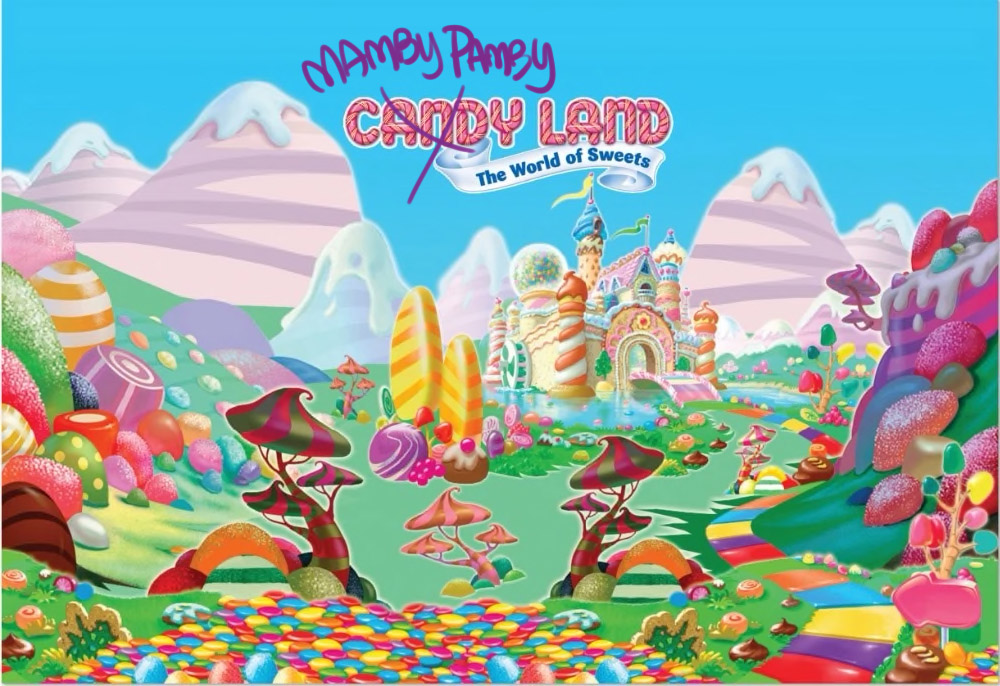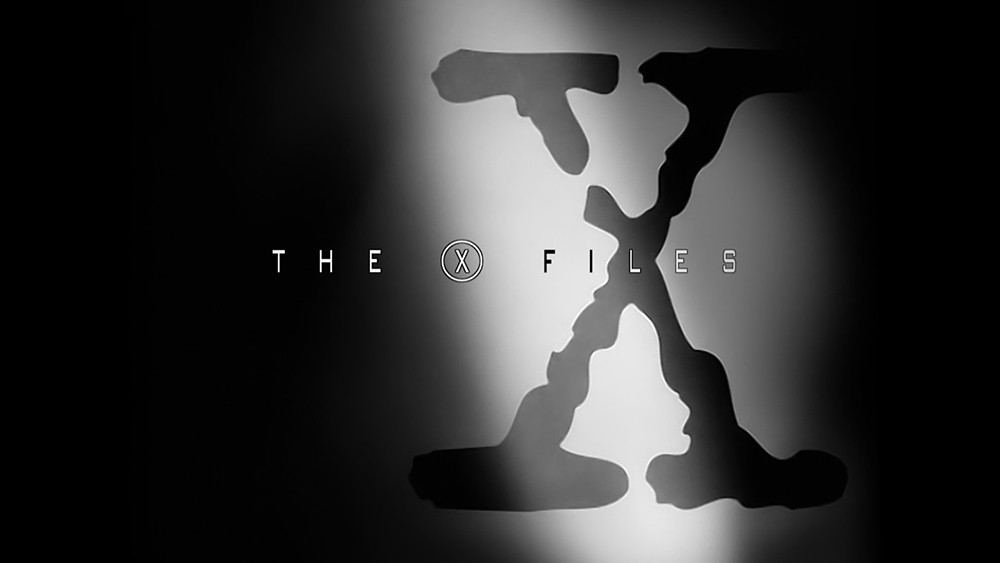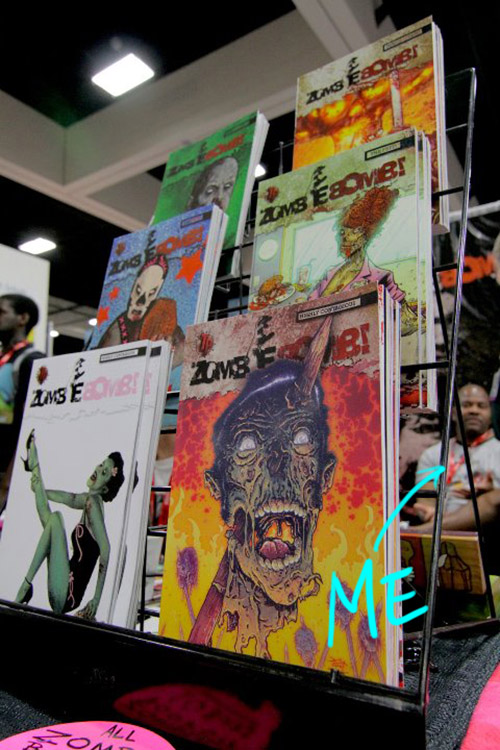
I read a post the other day by an info marketer who struggled with getting leads. Just about any business on Earth can relate to this problem, right?
She said maybe she needed to create free weekly content, start a podcast, or maybe her team could do more on social media .
This gal is an accomplished info-marketer. So I was surprised she never mentioned e-mail marketing. Which is odd because e-mail still blows the socks off most digital sales methods. Especially over time. So I asked her about it.
She said, “I already crush at that.”
Even John Holmes would call that answer cocky…
After her response, I was out. Everyone else kept talking about SEO, funnels, limited time offers (LTO), and all the normal business paradigm stuff.
She may be “crushing” her e-mail marketing but I say she’s living in Mamby Pamby Land. You know why? Because she is NOT building relationships with her e-mail list if her sales are sucking wind.
She’s focused on finding a lot of people and saying YOU need to buy this before the sale price ends or before this bonus goes away. And before you know it you’re back head-hunting for more people.
You can run a business like this but it’s exhausting. Us artist paradigm types are different.
And when you use a Blockbuster approach and entertain and teach with your e-mails a strange phenomenon happens. Your readers actually give a shit about you and read what you say.
Maybe they buy maybe they don’t but they stay on your list. And the longer people stay on your list the more they usually buy.
I may not have a list the size of Tony Robbins’ but I can spot an e-mail marketing problem. I’m not a nutritionist either but I can tell you eating a box of brownies will make you fat.
I just call them like I see em.
If you’d like to know how I could help you attract super high-quality, clients who are fans of your work holla at me: https://adamstreet.net/contact-me/
Adam



